Signatories
Over 294 Nobel laureates, organisations and individuals from around the world and from a diverse range of backgrounds, geographies and sectors have already signed, including:
12 Nobel Laureates
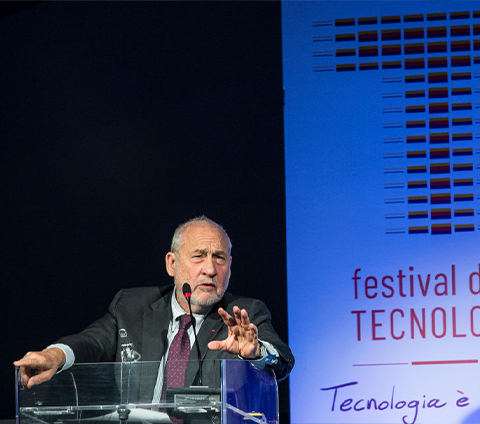
Including
Peace laureates Maria Ressa, Dmitry Muratov, Shirin Ebadi and Nadia Murad; and Economics laureate Prof. Joseph E. Stiglitz.
Self-regulation of the internet won’t work any better than self-regulation of banking did.
Joseph Stiglitz, 2001 Nobel Economics Prize laureate
Experts, academics and politicians
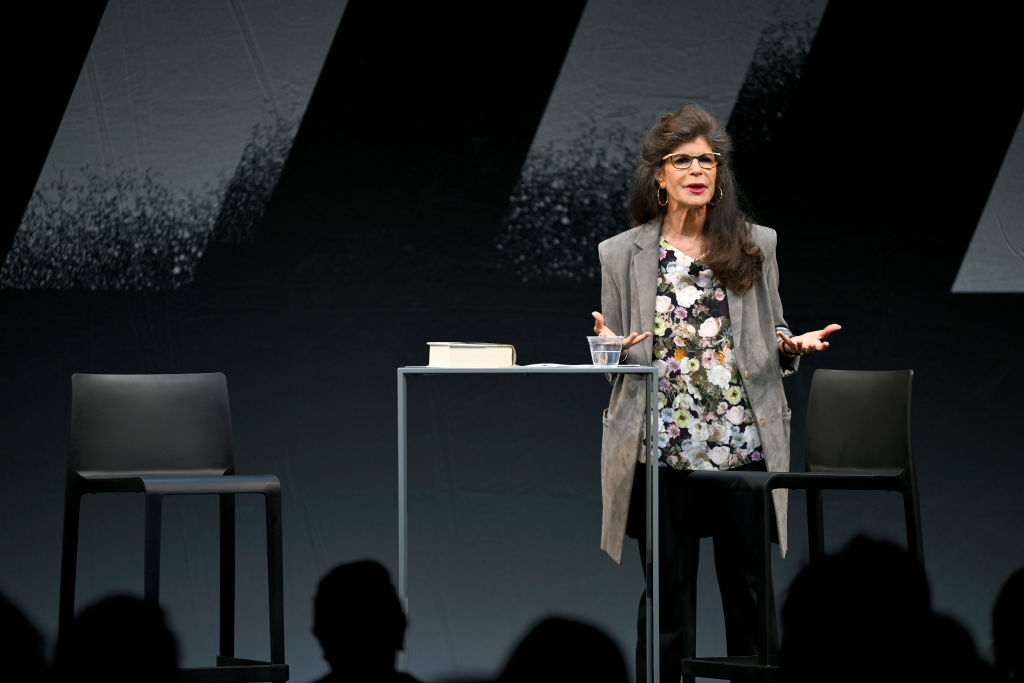
Including
Irene Khan, UN Special Rapporteur on freedom of expression and opinion; and Shoshana Zuboff, author of The Age of Surveillance Capitalism.
The last 20 years have seen, especially the last decade, the wholesale destruction of privacy.
Shoshana Zuboff, American author and academic
Authors, Journalists and media organisations
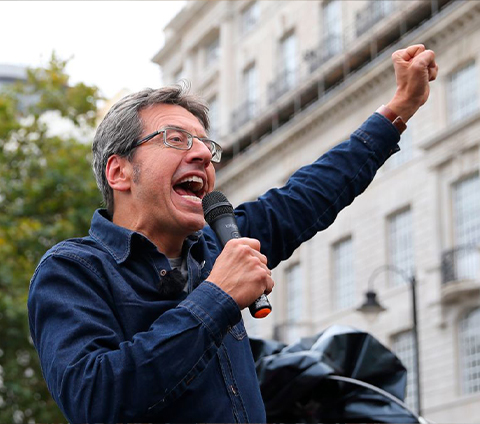
Including
Margaret Atwood, author and poet; Naomi Klein, author and journalist; Carole Cadwalladr and George Monbiot, journalists at the Guardian; and Gerard Ryle, Director of the International Consortium of Investigative Journalists.
Either we own political technologies, or they will own us.
George Monbiot, British journalist
Foundations
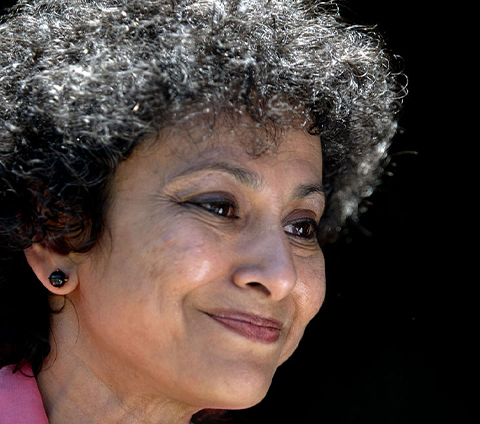
Including
Kofi Annan Foundation and Luminate.
Social media platforms have amplified the opportunities for women to express themselves but also multiplied the possibilities for suppression.
Irene Khan, UN Special Rapporteur on the right to freedom of expression and opinion
Over 100 civil society organisations
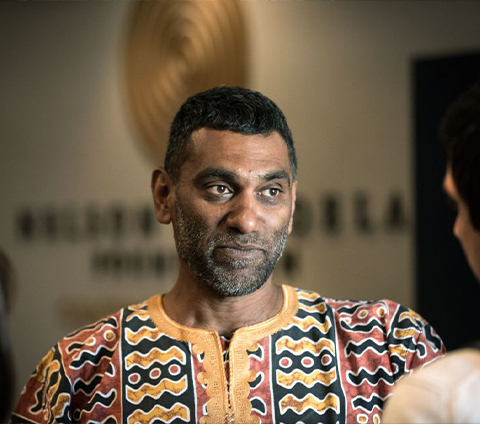
Including
Amnesty International; Human Rights Watch; Reporters without Borders; Free Expression Myanmar; and iDefend Philippines.
To protect our core human values in the digital age – dignity, autonomy, privacy – there needs to be a radical overhaul of the way Big Tech operates, and a move to an internet that has human rights at its core.
Kumi Naidoo, human rights and climate activist
The plan is a powerful advocacy and campaigning tool: